Where to Find Lossless (High -Resolution) Audio for Your Home Cinema System
If you are an ardent audiophile and are always on top of new developments in the world of audio engineering, then you would probably agree that owning a state of the art home cinema system but sticking to the average MP3 file downloaded off the internet for music is not just wrong, it’s blasphemy. However, if you came in late, it’s likely that you are aware of the term “lossless audio” but never went around expending energy finding out ways to acquire it, probably because you are happy and complacent with the music you’re used to. After reading this article, you’ll think better.
Lossless and Lossy Audio Codecs
A “lossless” file is one that has all the original recording sound intact, and a “lossy” file is one where some of the sound has been compromised due to extensive compression. By and large, there are three common types of audio codecs that you find in the market:
- Uncompressed Lossless (PCM)
These include DSD files, WAV files for Windows and AIFF files for Mac OS. These codecs use pulse code modulation (PCM) to record pristine audio, except for DSD which has a completely different functioning. The key thing about uncompressed lossless files is that the silence in the tracks is given an equal number of bits as the sound. This leads to massive file sizes. Uncompressed lossless files are commonly found in SACDs and DVD Audios, and some people claim that they offer a similar quality of sound to the good old LP (Long Playing) vinyl records.
- Compressed Lossless
These are files that give almost no bits to recording silence and use advanced sound compression techniques to ensure that the quality of sound is not compromised. This brings down the file size drastically and hence, compressed lossless files are the biggest deal in the audio world right now. Common file formats include – you guessed it – the FLAC, Apple’s ALAC, and the less common Monkey’s Audio (APE).
- Lossy (Compressed) formats
These are all the other formats that you’ve ever encountered, including MP3, RM, AAC, AAC+, AMR, and etc. etc. Audio in these files have undergone compression of as much as 90% and are considerably deteriorated in terms of quality. However, because of their small file sizes and cheap value, they are the most popular file formats out there. So popular, in fact, that most people in the world think of the sound quality in these files as “normal music”.
Finding lossless audio used to be pretty darn difficult even a few years ago. However, since 2015, the majority of home audio appliances started coming up with High Resolution Audio (HRA) as a compatible audio format, and lossless audio codecs, especially FLAC have been the craze. As a rule, you get what you pay for. Moreover, a number of factors determine whether or not you’ll be able to take full advantage of the high quality music file – such as the hardware you’re using – especially DTA converters – and the acoustics of your room. However, this article will not go into that. Cutting to the chase – here are some of the common ways to get hold of Hi-Res Audio for your Home cinema system.
- Discs – DVD - A, SACDs, Blu-Rays
This is the conventional way of getting high resolution (uncompressed lossless) files. To give you an idea of how awesome these file types are, consider this (hint of the century, that’ll bring you to your knees): a DVD-A or Blu-Ray offers a bitrate of 4609 kilobits per second, compared to the 192 kbps of the average MP3 file. The only potential problem with this way,and this applies to audiophiles who require humongous amounts of music to get by, is that it can be quite expensive.
- Over the Internet
Of late, several websites have sprung up on the internet that offer high resolution audio files for download. There are a few that we can recommend (and a large number of others that we won’t risk vouching for which may be reasonably good, but more on that later).
- hdtracks.com
The best option that comes to mind. The largest collection of high resolution audio files that you can find on the internet. However, not the place if you’re looking for DSD files.
- Channel Classics
They have a vast collection of classical music, for those who are into it. You’ll find FLACs and DSD files – suitable for both your phone (that supports high-resolution audio) and your home cinema.
- findhdmusic.com
This isn’t exactly a collection of hi res audio files, but a search engine from which you can find link to a number of websites that do. The go-to place for some audiophiles.
As we said earlier, there are a number of other websites that offer quality lossless music, but as is true with anything on the internet, do your homework so that you do not get scammed. Beware of bad trans-coding (where scammers trans-code a lossy file like an MP3 into a WAV – bad music at quadruple the price), be aware of the bit and sampling frequency of common file formats (e.g. DSD files have very high sampling frequencies). If you aren’t easily fooled, there are some pretty impressive deals out there that you can take.

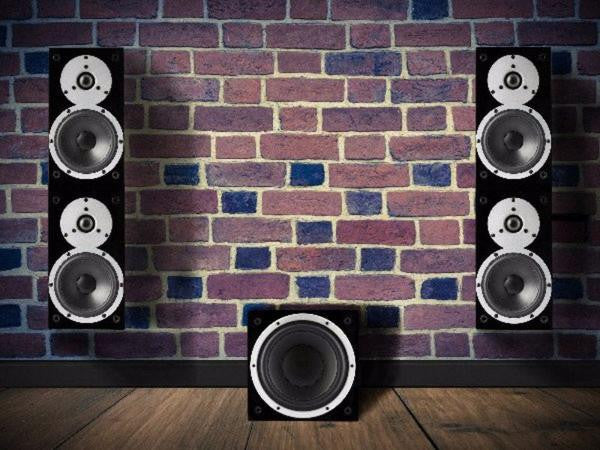
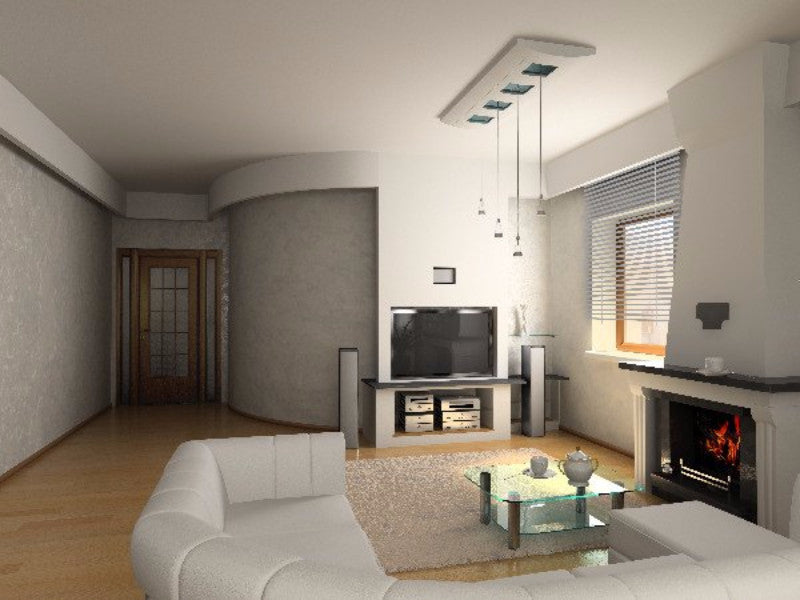
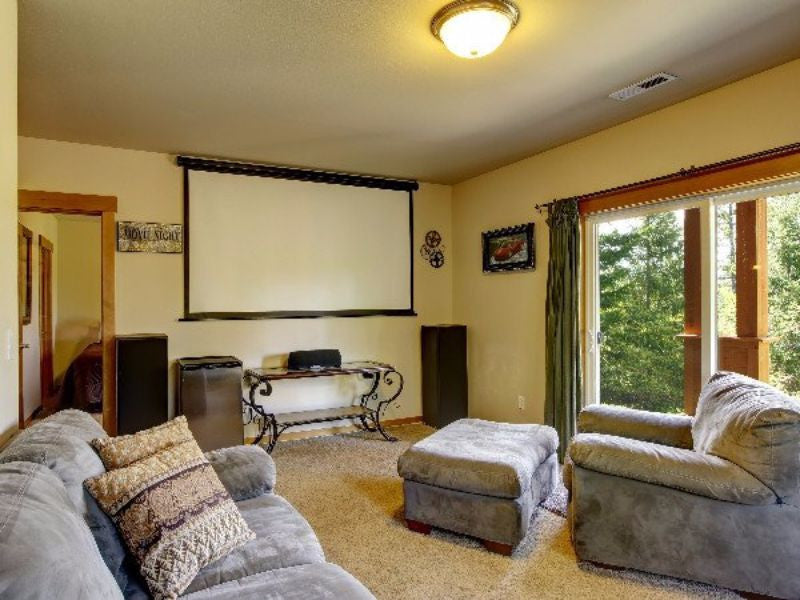
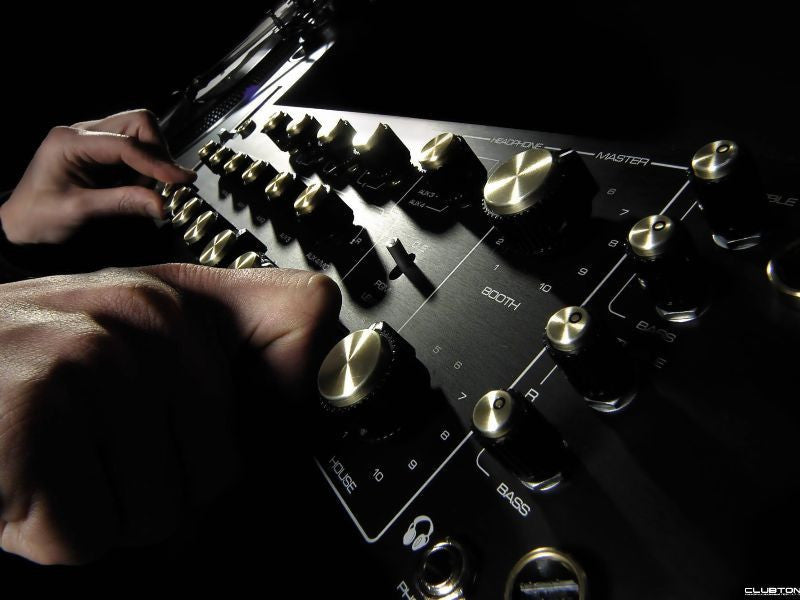
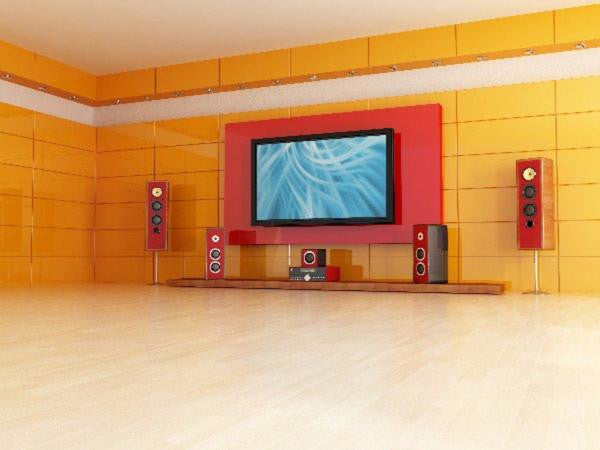
Comments
0 comments